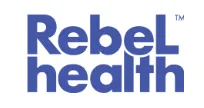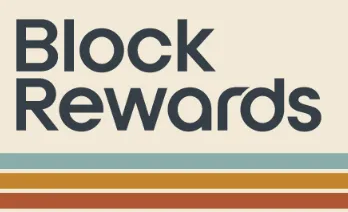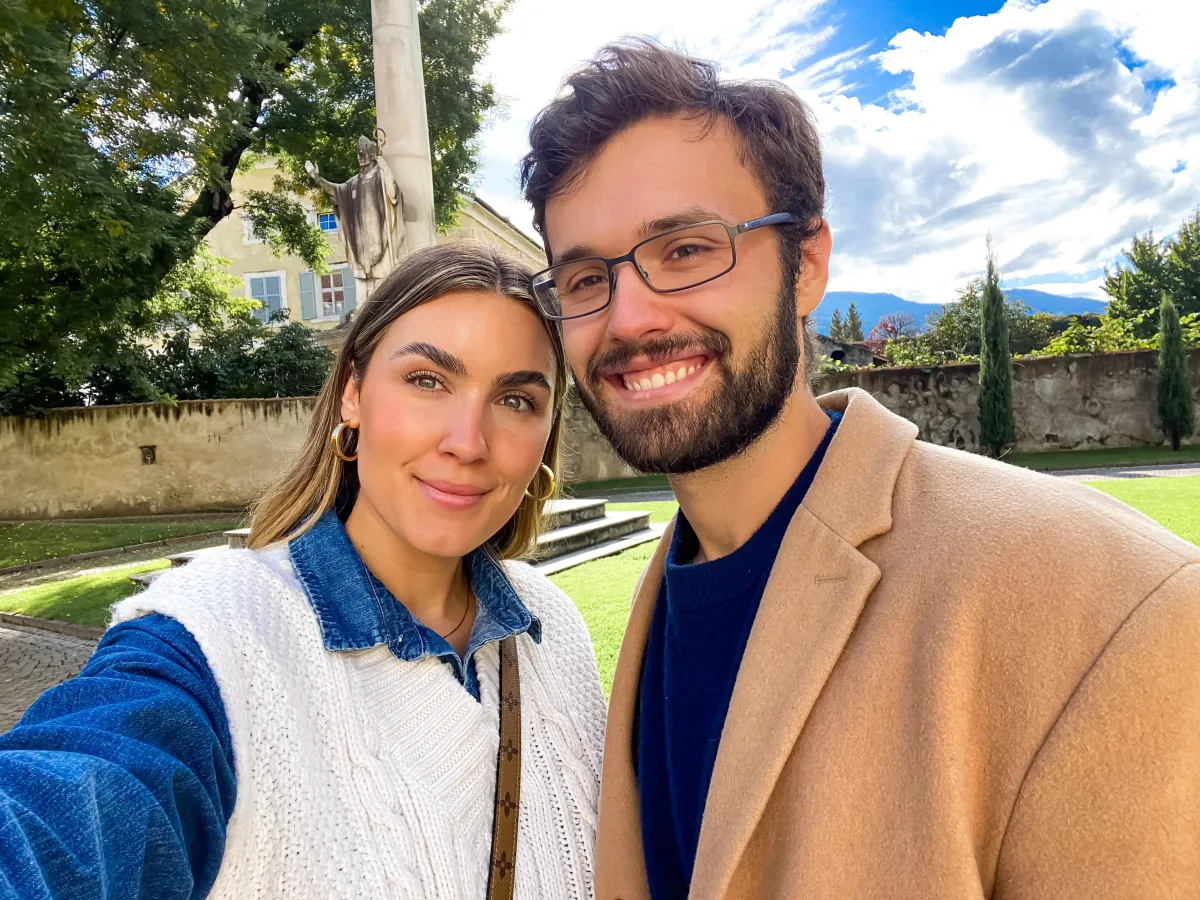Podcast Like Diary of a CEO
(Without Building an Entire Media Company)
We help holistic health & wellness thought-leaders build iconic podcasts that crush on YouTube.
25+ Million
DOWNLOADS
22
TEAM MEMBERS
4900+
EPISODES EDITED
100+
SATISFIED CLIENTS
TRUSTED BY





“Now I only focus on the creative part… I don’t even think about anything related to editing or production.”
– Dr. Kelly Brogan, NYT Bestselling Author
Described it as “the first time I’ve felt like I’m in the right hands”
Her top 3 best-performing episodes of all time — within the first 60 days
Improved watch time and retention across every episode
Able to focus 100% on her message
Integrated growth, retention, and repurposing into one clean system
This is Our Contribution To Making The World A Healthier Place.

Our mission is to make world-class media effortless and accessible for holistic health and wellness leaders.
We're Justin & Celine Moore - partners in business and in life.
We both struggled with persistent health issues. Nothing in the conventional system helped — so we went full holistic-mode. Animal-based diet. Nervous system healing. Sunlight. Grounding. Detoxing our home. And a big part of how we learned? Podcasts.
So we made the decision to go all in on video podcasting — and help the kinds of people who helped us: holistic healers, wellness experts, thought-leaders with something real to say.
Today, Podigy is a global team of 20+ creatives, strategists, editors, and designers — and we only work with a small group of aligned clients at a time.
Why Most Podcasts Don't Grow...
1. Podcasts don’t grow on their own
Apple and Spotify are more like an email list — no algorithm, no search, no visibility.
If your podcast isn’t designed for YouTube or doesn't have great clips for social media, you're doomed.
2. They Don’t Know How to Make People
Care
Most podcasts lack structure, hooks, or storytelling.
Without a reason to click, stay, or share - even great content gets ignored.
3. Creators end up managing a whole team
You hire an editor. Then a clip editor. A thumbnail designer. A copywriter. A social media person. And now you’re in Slack hell managing everything, instead of creating.
We Do Everything You Need to Create an Iconic YouTube-Podcast.
1. World-class video editing & audio production
Your podcast will look and sound better than 99% of shows online — edited for retention, energy, and professionalism.
2. Scroll-stopping thumbnails & titles that drive clicks
We study the algorithm and test what works — so your show actually gets seen on YouTube.
3. Repurposed content that works on every platform
Reels, Shorts, trailers, all created from your episodes and ready to post across social.
4. A Growth Strategy That’s Built for YouTube, Not Just Audio
We package each episode intentionally with a title, thumbnails, and creative trailers that get more views and keep people viewing for longer.
5. A creative team that
gets your message and actually cares
We live this lifestyle. We believe in your mission. And we treat your podcast like it’s our own.
“This has become the dream structural setup for my business… It’s intuitive, effortless, and allows me to stay in my zone of genius.” — Dr. Kelly Brogan
TESTIMONIALS
What Our Clients Are Saying
"They made it so easy. Everything was so streamlined. 5 stars.”
- Madhu Pura Dasa, serial entrepreneur in the holistic health & wellness space

"They are so amazing, so generous, and really just such creative fire-starters.”
- Elyssa Jakim from All Connected Agency,
a holistic tonic for visionary strategy, conversion copy, and people focused design.

"I would never want to work with anyone else."
Scott Dedels - founder of Block Rewards , a company focused on making Bitcoin more accessible.

